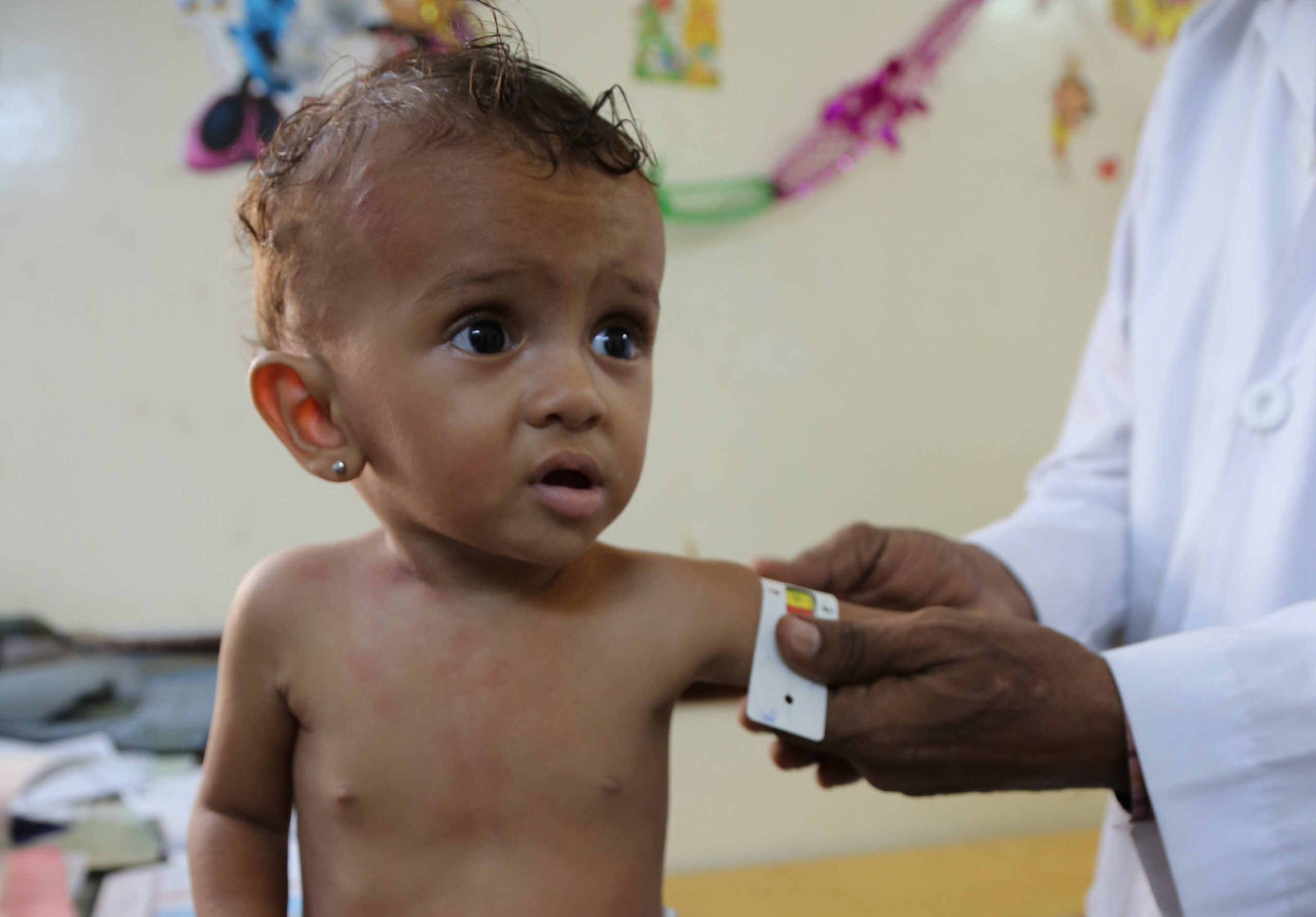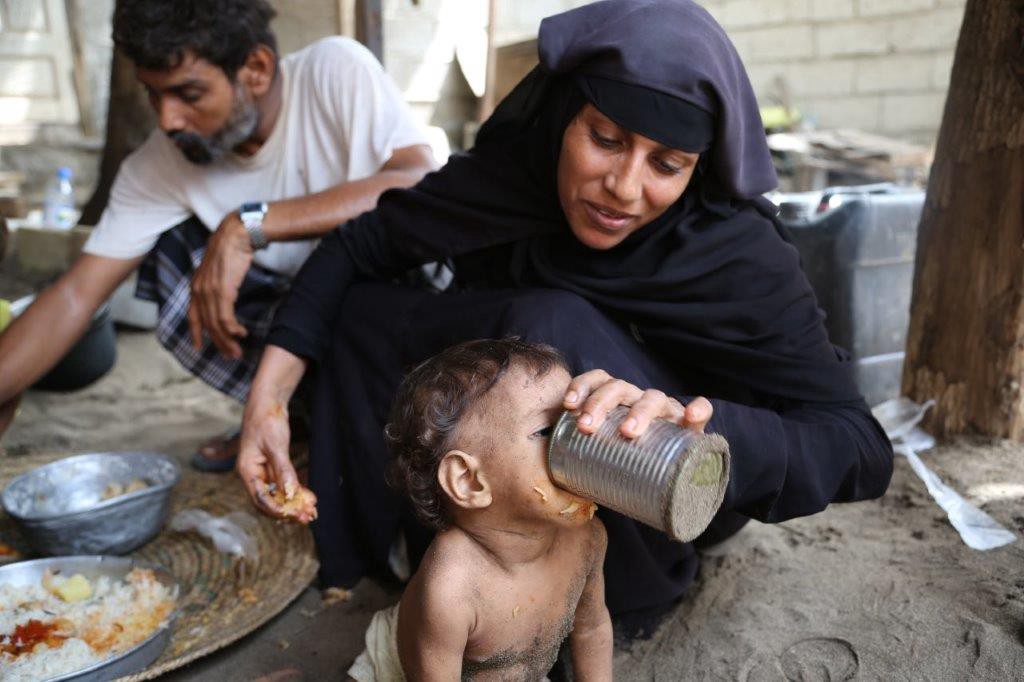“60 Minutes” Preview: Humanitarian Blockade in Yemen Threatens Millions of Lives

This Sunday, CBS correspondent Scott Pelley will shine a much-needed light on the humanitarian crisis in Yemen, where ongoing conflict has pushed two-thirds of the population into food insecurity.
Watch the full “60 Minutes” video. WARNING: Graphic images.
Yesterday, the leaders of three U.N. organizations — the World Food Programme (WFP), UNICEF and the World Health Organization — penned an urgent appeal to lift a humanitarian blockade, reopen all ports and give clearance to humanitarian flights.
“The supplies, which include medicines, vaccines and food, are essential to staving off disease and starvation. Without them, untold thousands of innocent victims, among them many children, will die…Fuel, medicine and food – all of which are now blocked from entry – are desperately needed to keep people alive.”
Air and sea travel into Aden were restored after eight days of closure, but this port unfortunately does not have the capacity to handle commercial and humanitarian imports for the entire country. The critical ports of Hodeidah and Salif remain closed; the closure of Hodeidah could tip the country into full-fledged famine.
In a country where 90 percent of food was imported even before the conflict began, the devastation is especially evident in the youngest. 2.2 million children between the ages of 6 months and 5 years are acutely malnourished.
An outbreak of cholera has made their conditions even more precarious.The majority of Yemenis do not have access to clean water. In a country where the humanitarian situation is extremely fragile due to lack of food and clean water, people are often not strong enough to fight diseases such as cholera.The U.N. estimates that a child in Yemen dies every 10 minutes of preventable causes, including malnutrition, diarrhea and respiratory infection.Through it all, WFP is doing whatever it can to reach those in desperate need.

Aisha gives water to her youngest daughter, Wafaa. The majority of Yemenis do not have access to clean water.
In October 2017, the agency provided food assistance to more than 7.2 million people. However, financial constraints mean that only about half of these people received full rations, while the other half received smaller rations that cover 60 percent of their monthly needs.
WFP has also led the humanitarian community with its logistical expertise, carrying out airlifts and transporting crucial humanitarian supplies and aid workers. Right now, WFP has available food stocks in Yemen to feed 6 million people for a month and a half. But it cannot continue this work without access and funding.
YOUR support helps WFP deliver lifesaving food — and hope — to the most vulnerable victims of violence and hunger in Yemen.




